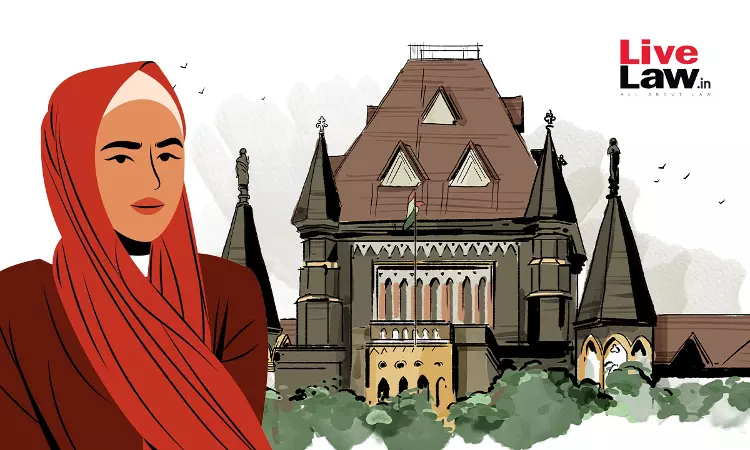The Bombay High Court on Wednesday dismissed the plea filed by nine female students challenging the dress code prescribed by the authorities of a Mumbai college, prohibiting students from wearing hijab, nakab, burkha, stole, cap, etc., on campus.A division bench of Justice AS Chandurkar and Justice Rajesh Patil said in open Court, "For the aforesaid reasons, we are not inclined to interfere."...

